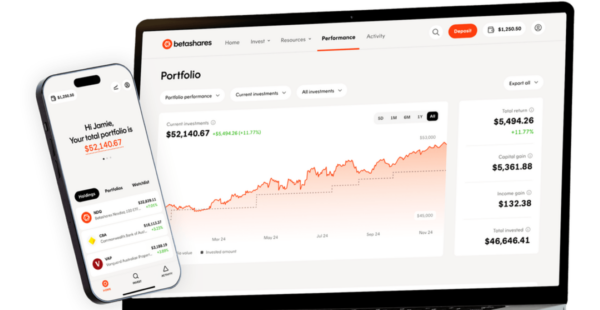Markets’ mixed signals leave Amundi ‘cautiously optimistic’

New market commentary from European asset manager, Amundi, has confirmed the path forward and away from such tight economic policy is already underway, noting strong US growth, falling inflation and positive momentum from monetary easing in Europe.
Vincent Mortier, Group Chief Investment Officer at Amundi, said there are several key drivers boosting the global economy.
“Although we acknowledge the resilience of US, we think not all data has been straightforward. For example, in China, the key question is whether the fiscal policy will meet expectations and deliver a sustainable boost to economy. In this muddling ‘in the middle’ scenario, there are many factors that could drive the global economy going forward,” he said.
“Labour demand from companies is cooling. Amid a deterioration in US job markets, we expect an increase in the unemployment rate. Recent data show a continuation of the downward trend in job postings, hiring and wage growth. Consumers might respond to this ‘less hot’ labour market by curtailing non-essential spending.
“A downward trend on inflation is maintained in US and Europe. Inflation should reach close to the Fed’s target around mid-2025. Some risks may emerge from sticky components and policies of the new US government. Europe could witness uneven growth and subdued domestic demand.”
Mortier also affirmed Amundi’s “mildly positive risk” stance, with a key focus on unearthing diverse opportunities.
“Central banks will look through the temporary volatility on inflation, if any. Markets’ expectations on the Fed are now closer to our internal projections of two more rate cuts this year. The ECB has already delivered a rate cut in October as expected and is likely to cut once again this year,” Mortier said.
“Chinese authorities have indicated their desire to make a policy shift but a clear direction to address the problems, for instance in real estate, is essential for a lasting impact on economic [policy].
“Markets tend to react quickly to important news, as was the case in China and even in the US where yields tracked the noise around US elections, deficits, and strong economic data. We see a mild deceleration without a US recession, and in Europe, growth remains reasonable, but fiscal constraints could dampen the environment.
“From a cross asset perspective our active approach has now led us to turn slightly positive on US and Chinese equities amid pullbacks and better sentiment, respectively. We are also constructive on the UK and Japan, and our overall stance on equities is marginally positive. At the other end, we maintain portfolio stability through US Treasuries, European bonds and gold. We are also optimistic on EM debt for carry reasons. But on Japanese bonds, we stay cautious and are monitoring the central bank’s actions and fiscal policy, particularly after the recent weakening of the ruling coalition and any potential fiscal indiscipline.
Mortier also highlighted the approaches taken by Amundi to capitalise on strong recent performance without sacrificing core positions, encouraging a more “neutral position” despite noting the appeal of emerging markets debt.
“We are playing duration around market volatility amid falling inflation. The economy and fiscal deficit concerns have driven up US yields, making them more attractive than before, but we stay close to neutral for now. In Europe and UK, however, we are slightly positive and prefer to play tactically. In corporate credit, quality, carry, and idiosyncratic risks are important factors for us, and we like EUR IG (banking and insurance). We also keep our quality bias in the US,” he said.
“We have a balanced stance in equities. When valuations are high but risks of a recession are low and central banks are cutting rates, it is not a time to be cautious. However, we stay selective and balanced, favouring areas such as US equal weighted, which performed well in Q3. Such segments should also benefit from broadening of the rally. In Europe, we blend our views through quality cyclical businesses and defensive stocks from all areas of the market.
“Idiosyncratic stories in Emerging Markets (EM) keep us positive. EM central banks are expected to ease policies at a slower pace than the Fed due to their own country-specific dynamics. This is likely to enhance the appeal of EM debt. In Chinese equities, we are close to neutral but stay prepared to alter this view depending on the extent to which potential details on fiscal policies could boost the economy.”












How is HESTA paying for the adjustments? Who pays for the market moves? All members? This is not communicated in…
The whole concept of another class of financial advisers who don't need to meet the same red-tape requirements, or education…
Yeah, typical - one set of rules for Advisers and non Industry Super and a completely different set of rules…
No doubt that I'll be going into the Xmas break wondering why in the hell I bothered doing a masters…
What would happen if a publically listed company did something similar? Why aren't super funds held to the same accountability…